Educational Programme "Digital Economy"
of Digital Economy and System Analysis
Formula of educational programme "Digital Economy"
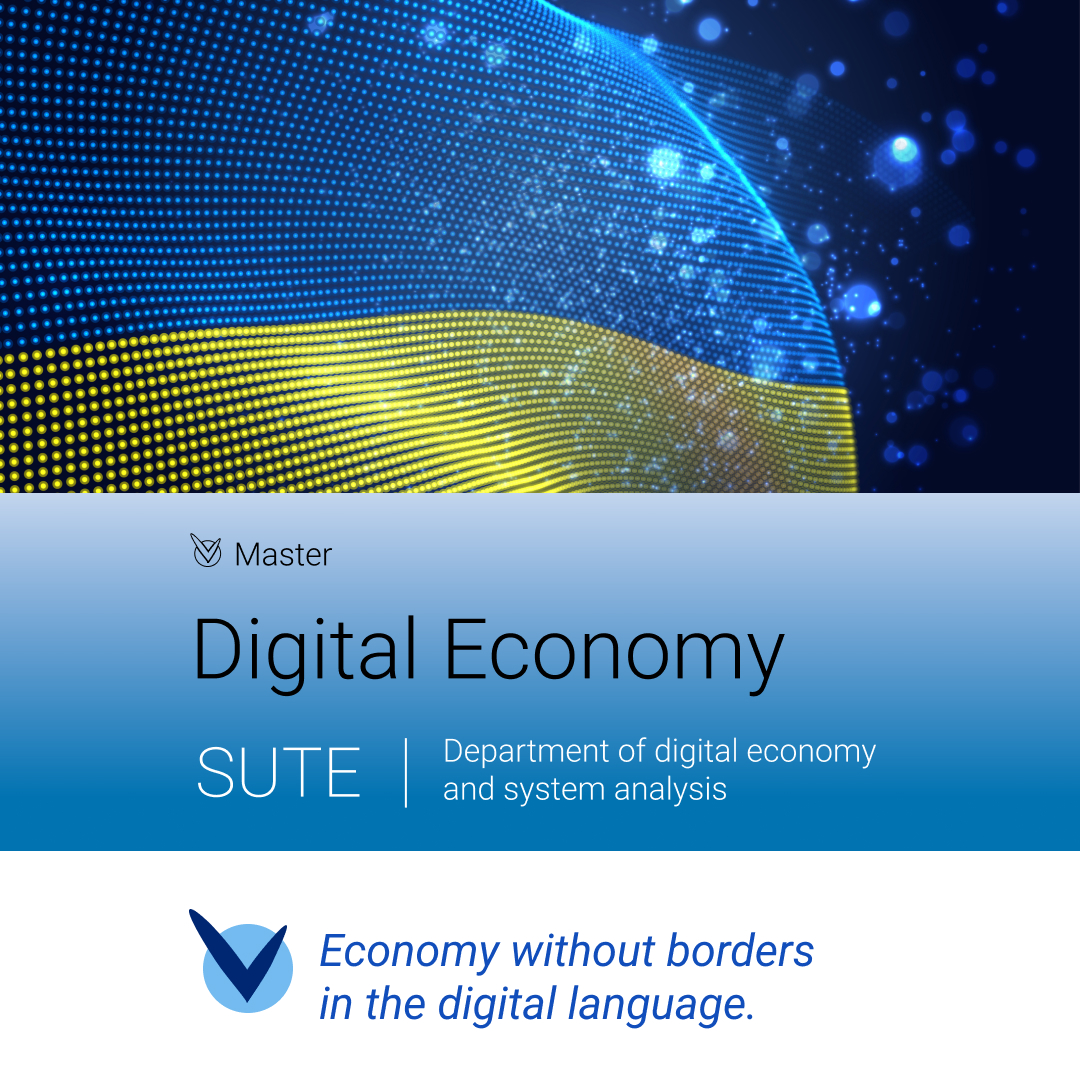
Download the information booklet of the educational programme "Digital Economy" (pdf in Ukrainian, in Engish )
Digital economy is a scientific field that deals with the application of modern digital technologies to the management of economic systems. Within this area, modelling, research and organisation of management processes in economic systems are carried out using modern information technologies.
The educational programme "Digital Economy" is as close as possible to modern world standards of education. From the very first year of study, students acquire important skills in economic and mathematical modelling and the use of modern software products and computer systems in the study of complex economic objects.
Those school graduates who want to master computers professionally, who are attracted to economic management using modern digital technologies, and who want to become professionals in the digital economy, the demand for which is constantly growing in developed countries, have a great chance to obtain a bachelor's and master's degree in digital economics at the State University of Trade and Economics.
In 2022, the university launched an English-taught Master's degree programme "Digital Economy".
Focus areas for alumni of the educational programme "Digital Economy"
- Creation and research of mathematical models for the development of various areas of economic activity in the digital space;
- Implementation and use of digital technologies for the effective functioning of complex economic objects, processes, and systems;
- Information support of economic systems in the digital economy;
- Development and implementation of effective solutions to the digitalization of the economy;
- Development of the forecasting models for the development of economic processes and systems in the digital space;
- Identification of regularities of random phenomena, application of methods of statistical data processing and evaluation of stochastic processes in the digital world;
- Analysis and functional modelling of business processes, methods of risk assessment of information systems design, synthesis of complex systems based on the use of their computer models;
- Intellectual multidimensional analysis of data and knowledge, their operational analytical processing with visualization of analysis results in the process of solving applied problems of the digital economy.
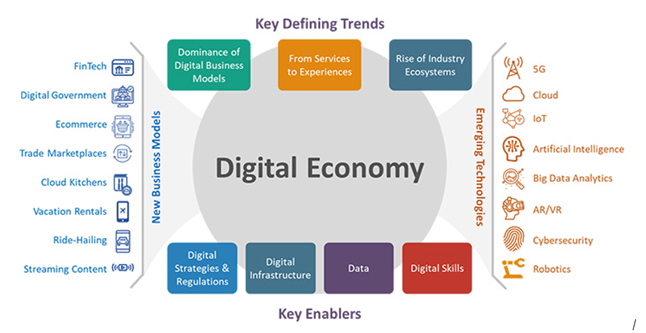
Main disciplines of professional training
The bachelor's and master's degree students in digital economy are trained as wide-profile specialists to participate in various fields of activity that require fundamental knowledge of mathematics, economics, information technology, natural sciences, social sciences and humanities. The bachelor's and master's degree programs in digital economy include the following main cycles:
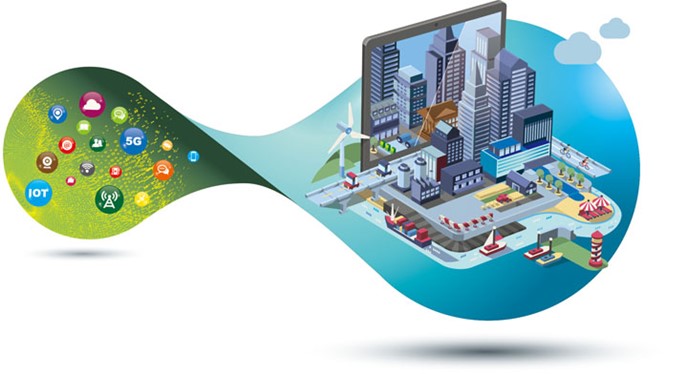
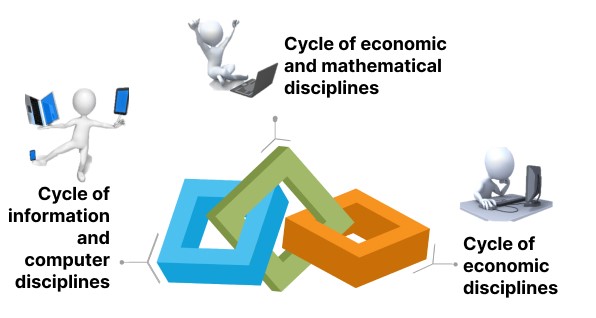
|
|
|
Employment opportunities
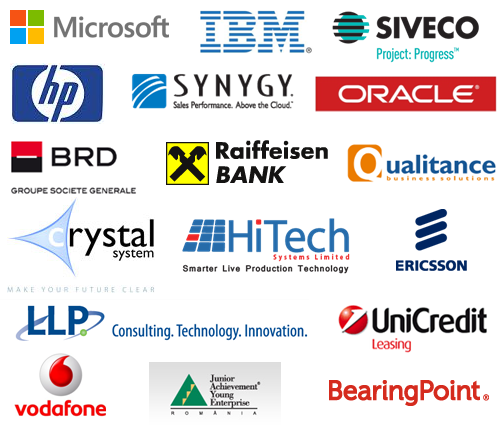
Digital economy is currently one of the most relevant and prestigious areas in higher education. The growing computerization and informatization of all spheres of the economy and social life, the improvement of information modeling and decision support tools in any economic and social structure provide relevance and obvious prospects for digital economy specialists - from building an Internet of Things system and developing blockchain technologies to modeling global macroeconomic processes.
Students enrolled in the Digital Economy educational programme may have a unique opportunity to study at the Master's degree programme “International Business Analytics” at the University of Bratislava (Slovakia) for free with guaranteed employment in the European Union.
For more information, please contact us:
Address: 19, Kyoto St., Kyiv, 02156, room. B-114b, Department of Digital Economy and System Analysis.
Tel. (044) 531-48-68
Head of the Department: Doctor of Economics, Professor Andrii Roskladka
For questions and information about the educational programme "Digital Economy" at the State University of Trade and Economics, please send an e-mail:



